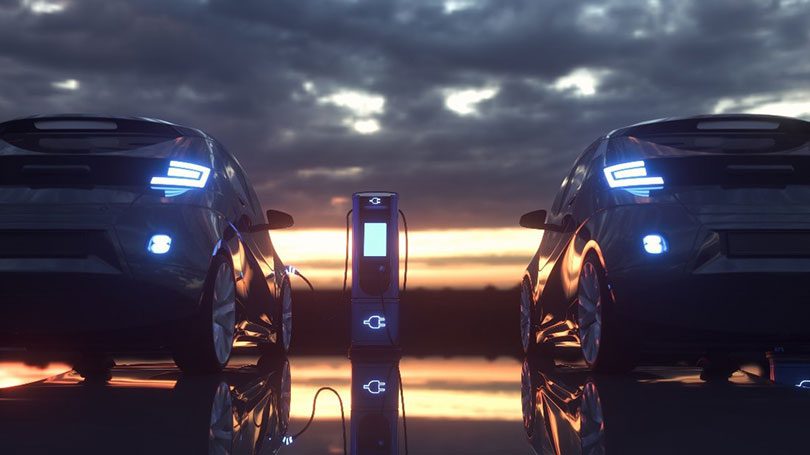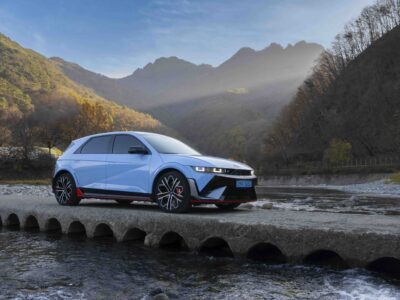Among the current administration’s plans for future-proofing the economy are to build a national network of 500,000 public electric vehicle (EV) charging stations and reduce national greenhouse gas (GHG) emissions by 50% to 52% by 2030.
According to the Federal Highway Administration, the government in March opened applications for a new multi-billion-dollar program to fund EV charging and alternative-fueling infrastructure in communities and on major roadways nationwide.
Some of that money was allotted in May when the U.S. Department of Energy (DOE) announced that $87 million would be spent on 45 projects to advance the production of next-generation EV technologies.

Photo Courtesy driveelectric.gov
The initiative will span 18 states and Washington, D.C. According to a DOE press release, it is designed to “accelerate the electrification of domestic transportation, advance more sustainable EV technologies, and educate consumers on the benefits of EV ownership.”
“The selected projects reflect the Department’s commitment to advancing the clean transportation sector — from expanding convenient charging options to growing the future workforce and developing the key technologies that will lead to our fully electrified transportation future,” U.S. Secretary of Energy Jennifer Granholm said in a statement.
In addition to expanding EV infrastructure and speeding up the adoption of electric cars, the projects aim to help manage an expected increase in electricity use.
Electric transportation could add more than 130 billion kilowatt hours (kWh) of demand to the nation’s grid by 2050, Utility Dive reported, citing data from the U.S. Energy Information Administration.

Photo Courtesy driveelectric.gov
The 45 projects will be funded through the DOE’s Vehicle Technologies Office and the Office of Energy Efficiency and Renewable Energy (EERE). According to the DOE, the projects aim to accomplish the following:
- Create EV charging solutions for those without home charging. Awardees will be tasked with developing innovative approaches, tools, and outreach to help supply EV charging solutions for Americans who lack residential charging options. This effort will eventually include installing charging stations at more than 2,500 multifamily home properties.
- Develop clean energy plans for underserved communities. Awardees will invest in local organizations and Clean Cities coalitions to develop “community-driven strategic plans.” They will target transportation decarbonization and community-driven EV charging reports for urban, rural, and Tribal communities.
- Provide transition training to build the clean energy workforce. Awardees will coordinate with local Clean Cities coalitions to train workers on the transition to clean energy transportation.
- Advance EV technologies and materials. Awardees will develop new hardware and materials. The goal is to improve EV efficiency by lowering the weight of EVs, reducing costs, and lowering the need for heavy-rare earth elements.
- Decarbonizing Off- and Non-Road Vehicles. Awardees will research, develop, and validate charging solutions for non-road EVs used in farming or aviation applications.
- Deploy targeted clean energy solutions. In partnership with local Clean Cities coalitions, awardees will demonstrate and deploy renewable energy solutions to electrify school buses, food and consumer goods delivery bicycles, and commercial fishing vessels.
The projects will also support the U.S. National Blueprint for Transportation Decarbonization, unveiled in September 2022.
It came about after the Environmental Protection Agency and leaders of the U.S. Departments of Energy, Transportation, and Housing and Urban Development signed a memorandum of understanding the EERE says to enable the “agencies to accelerate the nation’s affordable and equitable clean transportation future.”

Photo Courtesy driveelectric.gov
According to the EERE, the transportation sector accounts for one-third of all domestic GHG emissions. They negatively affect “the health and well-being of millions of Americans, particularly those in disadvantaged communities.” Meanwhile, transportation costs are the second-largest annual household expense in the U.S.





